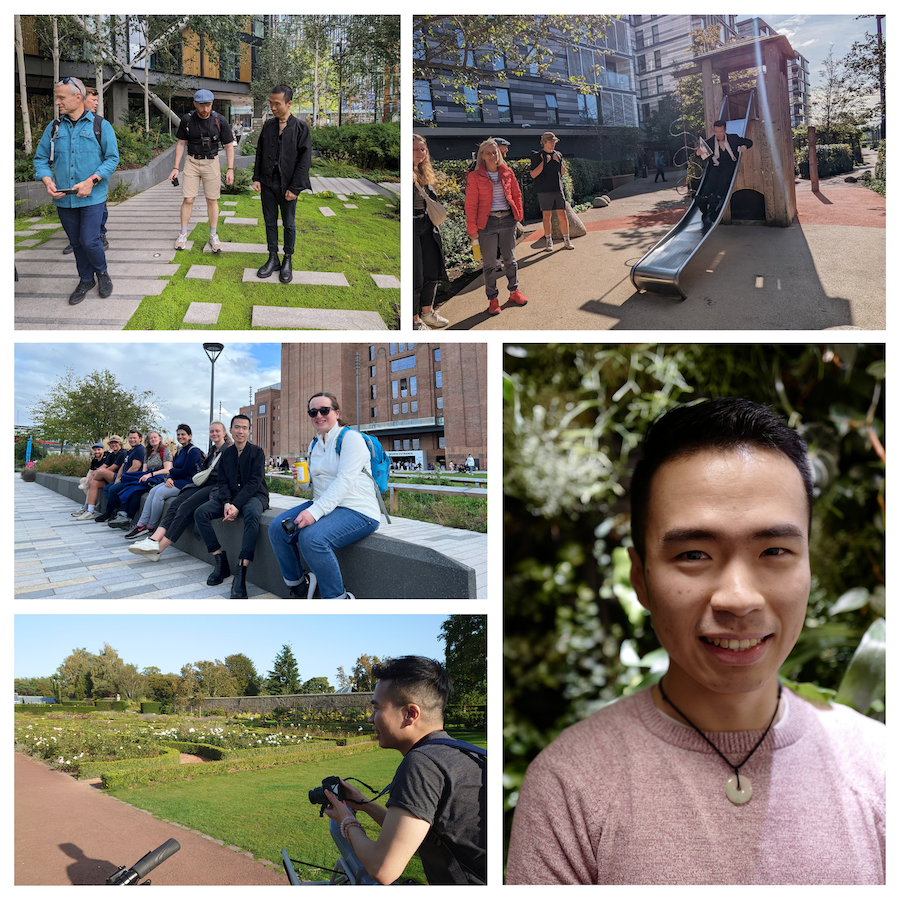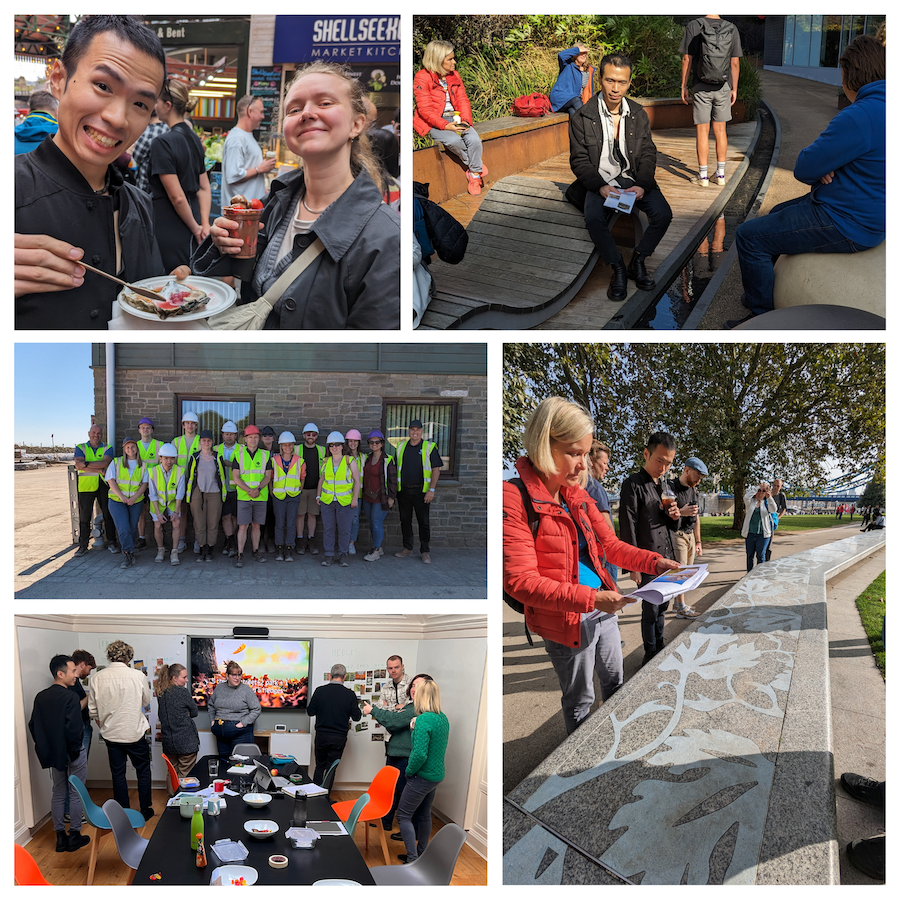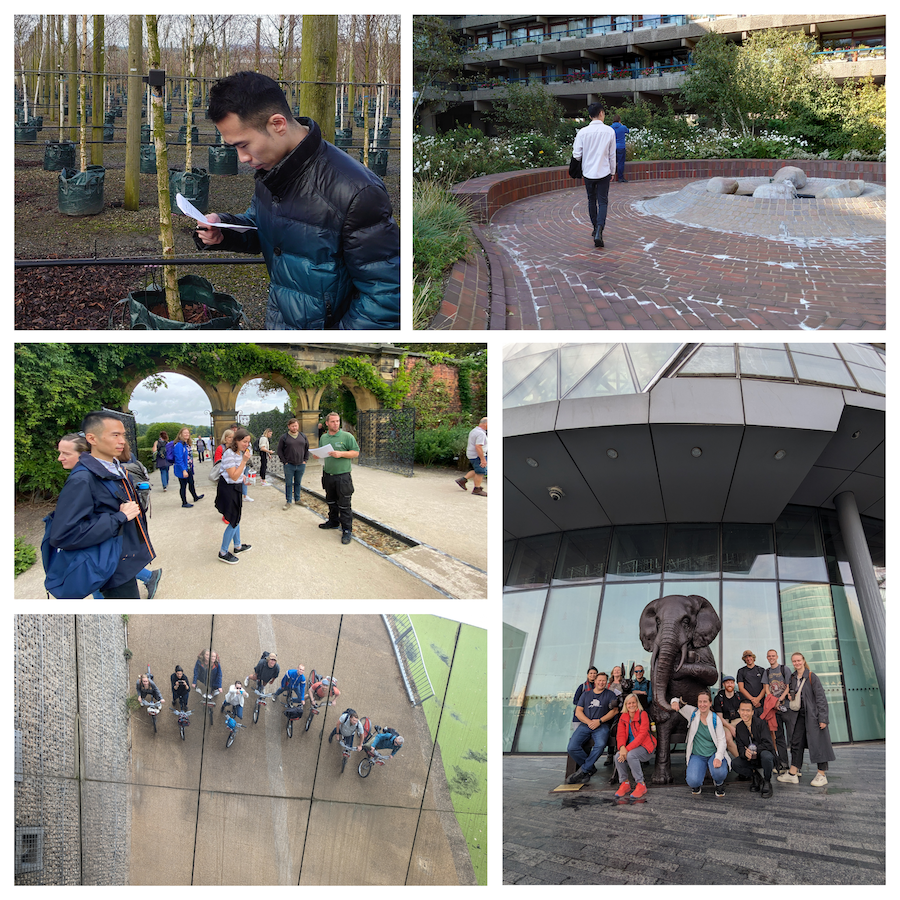Experience on Pathway to Chartership
By looking back the last 2 years study on P2C, Zhan would like to share his experience on Pathway to Chartership and what being chartered means to him.
By looking back the last 2 years study on P2C, Zhan would like to share his experience on Pathway to Chartership and what being chartered means to him.

Commencement of the Pathway to Chartership (P2C):
The impetus behind embarking on my Pathway to Chartership (P2C) initially derived from a personal inclination rather than a strictly professional one. The catalyst for this journey was a simple realisation – “it’s time.” Following my graduation from university, discussions among friends, colleagues, and mentors regarding professional chartership prompted contemplation, leading me to acknowledge that perhaps the time had come to pursue this significant milestone. As I delved deeper into the P2C process, my initial motivation evolved, crystallizing into a more nuanced and clarified perspective.
Navigating the Developmental Path:
The inquiry, “What defines a professional landscape architect?” marked the genesis of my comprehension of professionalism within the context of P2C. This question fundamentally altered my perception of the process. The essence of our professional role lies in possessing comprehensive knowledge and proficiency, thereby qualifying us to safeguard the interests of our clients and the environment. However, I found myself confronted with the question – did I embody these qualities? My journey of self-development commenced with rigorous self-questioning. Recognizing the extensive distance I had yet to cover in fulfilling my role as a landscape architect, I leveraged P2C as a robust educational tool. Functioning as a structured learning checklist, the syllabus covered crucial aspects such as professional responsibilities,
legislation, contracts, and project management, providing invaluable guidance for self-directed learning. Guided by a mentor, I received practical insights on daily project work, facilitating the application of theoretical knowledge to real-world scenarios. Supervisors and examiners, drawing from diverse professional experiences, addressed knowledge gaps and enhanced my understanding.
To me, the Pathway to Chartership signifies not just a route to a higher professional standing but also an awakening to the essence of professionalism.

Practicing is the best teacher:
There exists no superior method of acquiring knowledge than through practical application in daily work. At HarrisonStevens, I was fortunate to engage with a rich tapestry of projects at various stages, each offering a unique opportunity to delve into the intricacies of real-world scenarios. From the initial stages of feasibility studies to the final completion of projects, be it in housing development or crafting vibrant city landmarks, every endeavour enriched my skill set in ways traditional textbooks could never capture. This dynamic learning journey transformed me from a mere “nerd” into a real professional in the field.
Chartership as a New Beginning:
While achieving chartered status marks a pivotal juncture in one’s professional life, it does not signify the conclusion of the developmental journey. P2C served as a conduit for learning about professionalism and, more significantly, offered a discerning view of my future career through a professional lens. It provided clarity on the professional skills essential for post-chartered life.
Acknowledgments:
In conclusion, I extend heartfelt gratitude to everyone who has contributed to my learning over the past two years. Appreciation is owed to the study group members for their unwavering support during the challenging exam preparation days. Special thanks go to my mentor, supervisor, and HarrisonStevens for their patient guidance and support, even amidst hectic schedules. Lastly, gratitude is extended to the examiners for their patience and kindness during the examination. Thank you, everyone!





